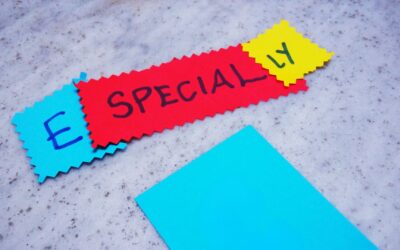Hard vs. Hardly: Unraveling the Confusion
The words “hard” and “hardly” sound similar and might look alike, but they hold vastly different meanings. Using them incorrectly can muddle your message, so let’s clearly distinguish the two.
Hard: The Multi-Tasker
“Hard” can function as both an adjective and an adverb:
- Adjective (Describing Something):
- “This rock is hard.” (Describes the physical property)
- “The exam was hard.” (Describes difficulty)
- “My boss is a hard worker.” (Describes work ethic)
- Adverb (Describing How an Action is Done):
- “The rain fell hard.” (Describes intensity)
- “She studied hard for the finals.” (Describes effort)
- “He fought hard against the opponent.” (Describes vigor)
Hardly: The Negator
“Hardly” is an adverb meaning “only just,” “barely,” or “almost not.” It usually carries a negative connotation, suggesting that something is not happening to a significant degree.
- “I could hardly see in the dark.” (Implies very limited visibility)
- “She hardly eats anything for breakfast.” (Implies a very small amount)
- “After the long hike, he could hardly walk.” (Implies extreme difficulty)
Real-Life Examples: Spotting the Difference
- Incorrect: I’ve been working hardly all day! (Should be “hard” to describe effort)
- Correct: It was raining hard, so the ground got soaked quickly.
- Incorrect: He tried hardly to make the deadline. (Should be “hard” to describe effort)
- Correct: There was hardly any time left to finish the project.
Key Takeaway
- Hard: Describes difficulty, intensity, or effort.
- Hardly: Means “barely” or “almost not.”
Remember: Practice Makes Perfect
The best way to master the difference is through practice. Read examples, try forming your own sentences, and don’t be afraid to ask for clarification when unsure. With a little attention, you’ll be using “hard” and “hardly” like a pro!










0 Comments